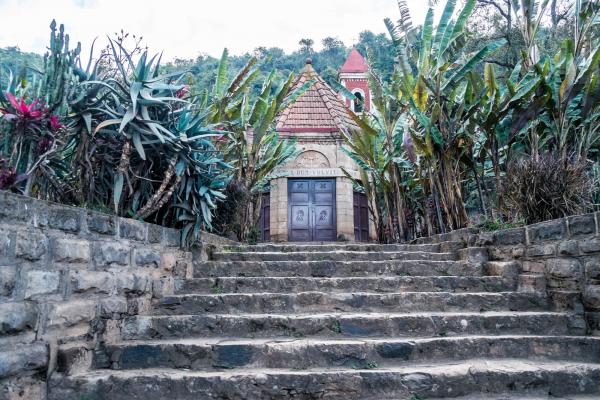According to the Pew Center, “if demography is destiny, then Christianity’s future lies in Africa. By 2060, a plurality of Christians – more than four-in-ten – will call sub-Saharan Africa home, up from 26% in 2015.” In 1910 there were 2 million Christians in Africa. Today there are 650 million, with an estimated 200 million evangelicals. The explosive growth of the church across Africa represents a trend that far too few Christians in the West fully understand and that will likely reshape and over time transform the face of Christianity globally. Experiencing the AEA Plaza grand opening and participating in a range of side meetings and conversations over the past three days with African evangelical leaders has left me with greater hope about the future of the evangelical church and the future of Africa.
Read the Full Article

